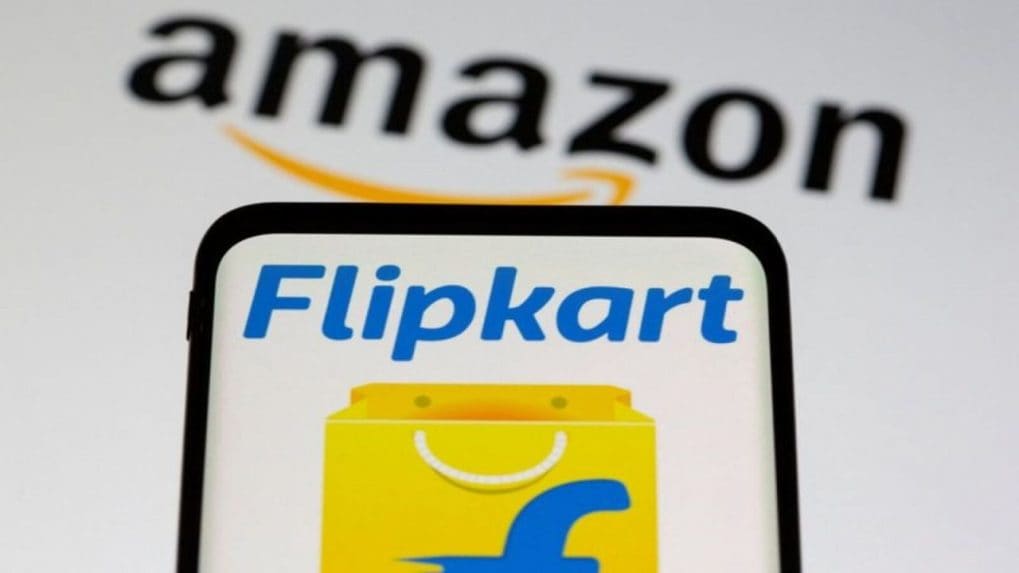BIS set to take Amazon, Flipkart to court over sale of non-certified goods
The consumer standards watchdog will not only seek legal action but also demand monetary compensation from both platforms under the BIS Act, 2016, which empowers the agency to claim up to ten times the value of non-compliant goods sold.
ADVERTISEMENT
The Bureau of Indian Standards (BIS) is gearing up to sue e-commerce majors Amazon and Flipkart for allegedly retailing products that failed to meet India’s mandatory certification standards, a move that signals heightened regulatory scrutiny over online marketplaces, Moneycontrol reported. As per the media report, the consumer standards watchdog will not only seek legal action but also demand monetary compensation from both platforms under the BIS Act, 2016, which empowers the agency to claim up to ten times the value of non-compliant goods sold.
The legal action stems from enforcement raids carried out by BIS in March 2025, where teams conducted search-and-seizure operations at the warehouses of both e-commerce giants. The agency claims to have found and confiscated a variety of products lacking the mandatory BIS certification, items that fall under India’s Quality Control Orders (QCOs), making their uncertified sale illegal.
During a raid at Amazon’s warehouse in Chennai, officials seized over 3,000 uncertified products including insulated flasks, food containers, metallic water bottles, ceiling fans and toys, collectively valued at around Rs 36 lakh, according to BIS. In Flipkart’s case, seized products included baby diapers, stainless steel bottles, insulated hotpots and casseroles, all covered under mandatory QCOs. Although BIS has not disclosed the monetary value of the goods seized from Flipkart, officials confirm these items were being stored or sold without proper certification.
Read More: Eminem's Eight Mile Style sues Meta for $109 mn over alleged copyright infringement
The looming lawsuit could set a major precedent in India’s regulatory approach to platform liability, shifting focus from sellers to the platforms that enable such sales. While BIS primarily targets manufacturers and importers for compliance, this move signals its intent to hold e-commerce intermediaries accountable as well particularly when uncertified goods are repeatedly found on their platforms.
As the nodal agency under the Consumer Affairs Ministry, BIS has been intensifying enforcement around product safety, especially after the expansion of QCOs covering everyday items like toys, household appliances and baby products.
Read More: 'Help us not waste this food': The Whole Truth wins internet with honest, no-waste marketing move

